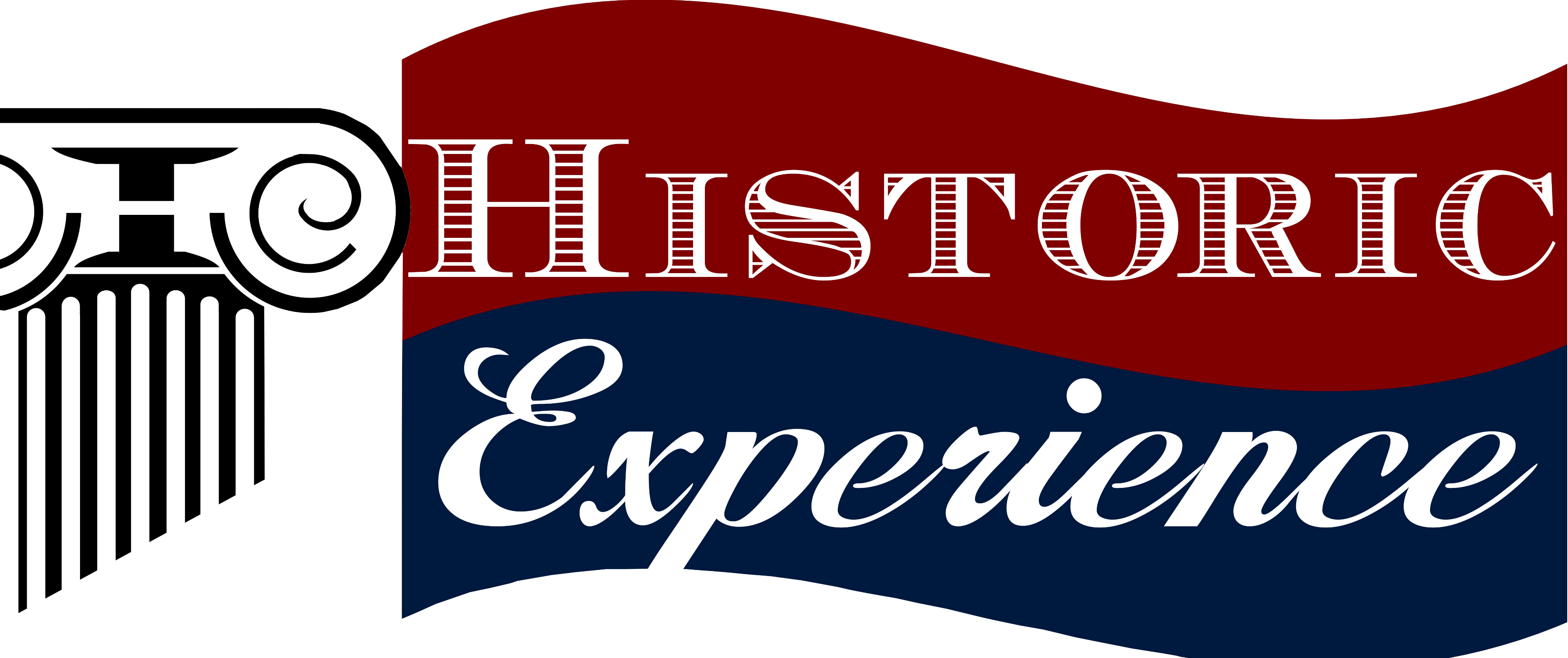October 2 - John Adams on Samuel Adams
(& not the Beer)
December 11-
An (eventual) end
to war with France
John Adams’ presidency was marked by two unwanted difficulties: the rising and crystallizing of political parties, and an undeclared war with France. The latter was made much more difficult by the former.
More from John Adams:
"I transmit to the Senate, for their consideration and decision, a convention, both in English and French, between the United States of America and the French Republic, signed at Paris on the 30th day of September last by the respective plenipotentiaries of the two powers.
John Adams, letter to the Senate, December 15, 1800
Being the President of the United States after George Washington is a less than enviable position. Adding to the difficulty is the rise of political parties - factions that were not even considered in the Constitution. (One of the reasons for the Twelfth Amendment to join the party.) John Adams serves in the highest office of the country with his second in command, his potential successor, not only disagreeing with him on the nature of federal government, but also a figurehead of the opposing political side.
Adams and Thomas Jefferson were neither one particularly pleased with political parties, much less being seen as the primary figure in one. But they both leaned toward the fundamental principles of "their party." Adams believed strongly in a centralized government, a key thought of the Federalist Party. Jefferson viewed Federal government as limited in power, with states as a fourth branch to the Federal three. Such was the ideal of the Democratic-Republicans. This made things complicated for President Adams with his administration's second difficulty:
War with France. (Well, almost.)
France was waging war on England, because, you know, 18th century Europe... The French presumed America would help: Come on mes amis, we helped you; you help us! But like an old Facebook relationship, "it's complicated."
With the French alliance during the American revolution, there was an understanding that America would stand with France in times of conflict. Then came the Jay treaty, which signaled American neutrality in European wars. America felt safer to stay out of French entanglements because their original treaty was with French monarchy, and with the royal heads quite literally separated from power, those treaties didn't count.
And the French got mad.
But the French could not really afford to operate two wars at once. So while war was officially declared with England, with America--not so much. But where they could, France took pot shots at American vessels, captured cargo and crew, and then there was the infamous X-Y-Z affair, where American ambassadors would not be able to proceed in their duties unless they paid "tributes" to their French liaison.
And the Americans got mad.
United States citizens who cheered French uprising as their "sister revolution" now were crying out for French blood. Federalists throughout the capital (Philadelphia at that moment) wanted war. Democratic-Republicans did not like the violent outcries, and did not think the Federal government should declare it.
And Adams sided with both sides. And with neither.
The President prepared for war, bolstering the U.S. Navy (it had been essentially disbanded since the Revolution), and forming a new standing army with George Washington in command (although his second, Alexander Hamilton, called the shots). But Adams also sought to send a new peace commission, after reports from his son John Quincy that France was willing to negotiate.
And none of it was easy. Hamilton and his Federalist allies thought the U.S. could use a good war. Jeffersonian Democratic-Republicans held up the peace commissioners' travel to France.
But ultimately, John Adams knew what the country needed, and what it did not. America was in no shape, fiscally or physically, to endure another war. The French were ready to stop the "quasi-war" that they could not afford either. Peace was reestablished, at Adams' urging - but the electoral college voted him out before news of peace reached the people. But Adams knew of the good he had accomplished - even if it was not well known, or possibly even liked.

John Adams
to James Lloyd,
January 28, 1815.
I wish not to fatigue you, with too long a Letter at once: but, Sir I will defend my Missions to France as long as I have an Eye to direct my hand or a finger to hold my pen. They were the most disinterested And meritorious Actions of my Life. I reflect upon them with So much satisfaction that I desire No other Inscription on my Grave Stone than “Here lies John Adams who took upon himself the Responsability [sic] of the Peace with France in the Year 1800.
